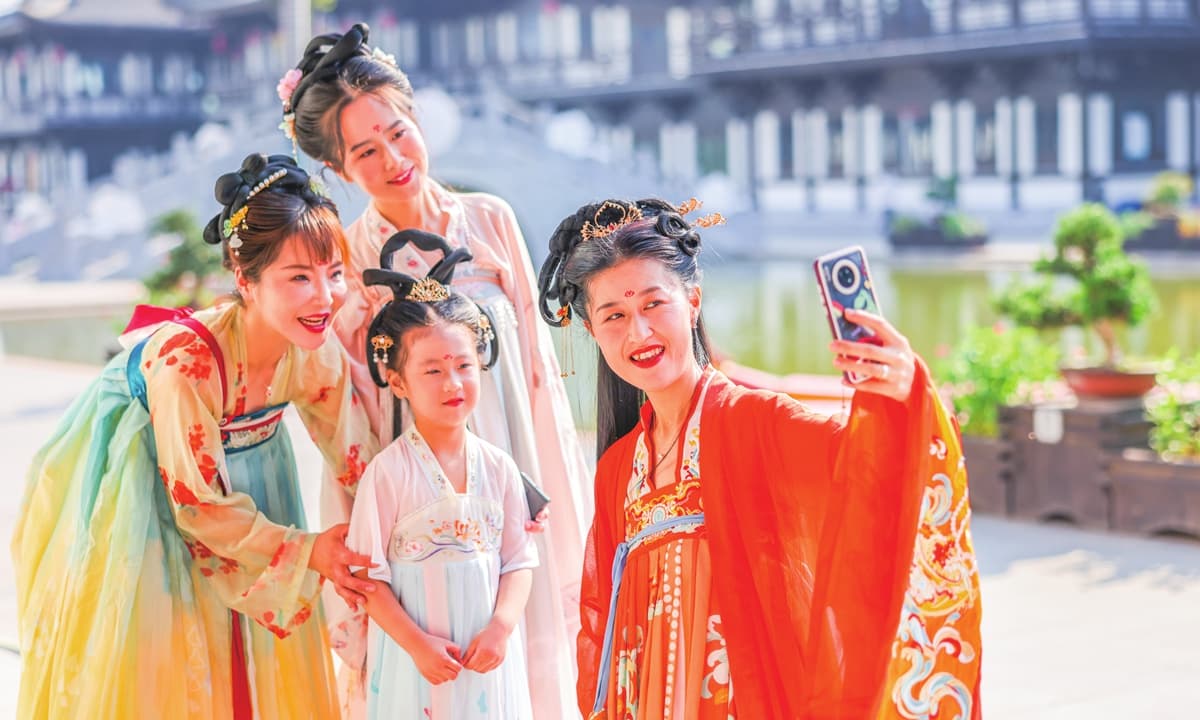Chinese Gen Z Shifts Towards Tradition and Redefined Success; Cultural Heritage Tourism Surges by 40%

A notable shift is emerging among China's Generation Z, particularly within its metropolises, as they increasingly "buck" conventional trends, according to a recent social media observation by user Rishi. This generation, born between 1995 and 2009, is redefining success and embracing traditional culture, moving away from the purely materialistic pursuits often associated with previous generations. The change reflects a deeper search for personal fulfillment and cultural connection amidst evolving economic landscapes.
This counter-movement comes as many young Chinese have faced economic pressures, leading to phenomena like "tangping" or "lying flat," which signifies a disengagement from intense work and societal expectations. However, Gen Z is now prioritizing mental and physical health, and redefining financial accomplishment as not the sole indicator of success. Over 61% of Gen Z believe financial accomplishment is no longer the main signifier of success, opting instead for a multi-faceted and enriching lifestyle.
A significant aspect of this shift is a growing fascination with traditional Chinese culture, heritage tourism, and artisanal craftsmanship. A Hub of China survey revealed that 67% of Gen Z actively seek experiences connected to China’s cultural heritage, and 72% prefer travel that includes traditional arts, food, or festivals. This trend was particularly evident during the 2025 Spring Festival, where intangible cultural heritage tourism surged by 40% year-over-year, with destinations rich in folk arts and historical crafts seeing unprecedented interest.
Gen Z's embrace of tradition is not a rejection of modernity but an integration of the past into their present, often amplified through digital platforms. They are actively participating in cultural activities, from practicing ancient calligraphy to wearing traditional Hanfu clothing, which over 60% of respondents have either worn or plan to wear. This generation values authenticity and seeks brands that align with ethical practices and social responsibility, demonstrating a desire for meaningful connections.
The evolving preferences of Chinese Gen Z present significant opportunities and challenges for businesses. Brands are adapting by offering interactive experiences, collaborating with artisans, and leveraging social media platforms like Douyin and Bilibili to engage this demographic. This cultural reawakening, coupled with a redefined outlook on life and career, signals a fundamental shift in consumer values and societal norms within China's most influential young demographic.